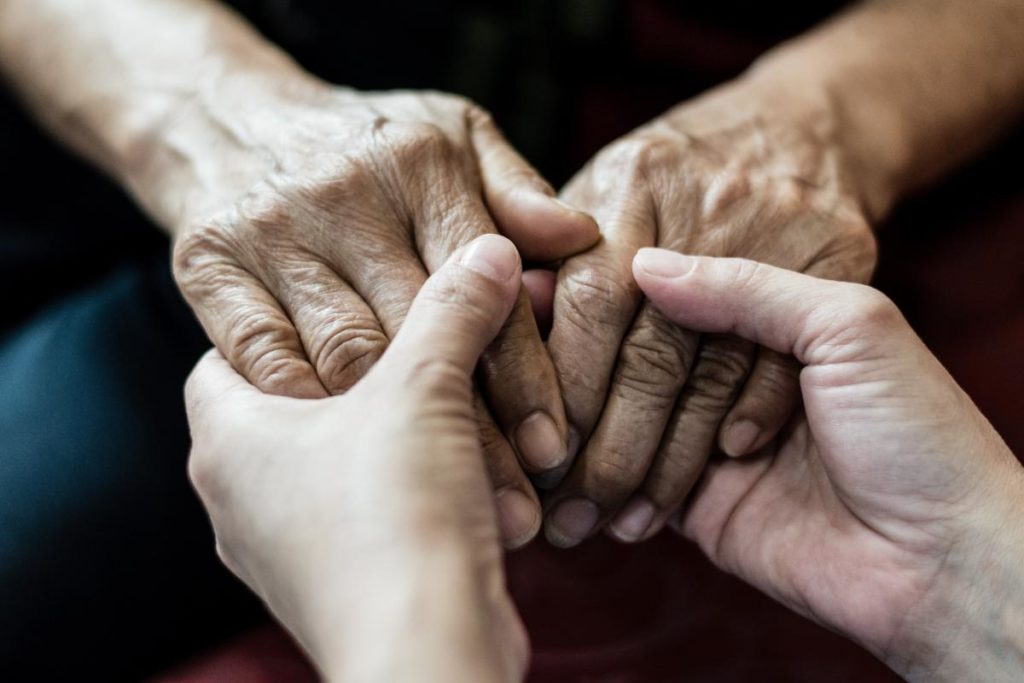Alzheimer’s disease is one of the most serious potential challenges to senior health and wellness. It is not a natural part of the aging process. Nevertheless, roughly one in nine older Americans will develop this form of dementia. How do doctors diagnose Alzheimer’s disease? As a rule, a proper diagnosis requires several different steps. Together, these steps help reveal the true sources of your loved one’s dementia-related symptoms. Once you have a diagnosis, you can begin to address your loved one’s health and wellness better.
If you are concerned an elderly loved one may have Alzheimer’s, reach out to Parkway Place at 281.305.1846. We can help answer your questions and address your concerns.
How Is Alzheimer’s Diagnosed?
There are a few steps to getting an official Alzheimer’s diagnosis, including taking a personal history, functional testing, medical testing, scanning the brain, and lastly, eliminating any other potential conditions. Your physician can get you started.
Taking a Personal History
One crucial step in diagnosing Alzheimer’s is completing a thorough personal history. Relevant topics covered in this history include your loved one’s:
- General state of health
- Medication use
- History of significant medical issues
- Eating habits
The list of topics also includes any notable changes in personality traits and day-to-day behaviors and the ability to carry out essential daily life skills.
Doctors typically look at these issues from multiple perspectives. That includes the point of view of the person who may have Alzheimer’s. It also includes the point of view of close friends or family members.
Functional Testing
Alzheimer’s disease is known for its ability to interfere with certain kinds of everyday functions. Examples of those functions include memory and language skills. They also include the ability to focus, pay attention, and use basic problem-solving skills.
A personal history can provide subjective information on problems in these areas. However, it’s also essential to carry out formal functional testing. This testing provides a more objective perspective on what may be happening.
Medical Testing
Blood and urine tests are commonly part of an Alzheimer’s diagnosis. These tests don’t reveal indications of the disease. Instead, they’re used to help eliminate other potential causes of the problems you’re experiencing.
Brain Scans
Doctors may also conduct brain scans when diagnosing Alzheimer’s. These scans serve two purposes. First, they may help confirm the presence of Alzheimer’s. They may also point to another source for your loved one’s symptoms.
What types of brain scans can be used for these purposes? Common options include:
- MRI or magnetic resonance imaging scans
- CT or computed tomography scans
- PET or positron emission tomography scans
The appropriate scan may vary from situation to situation.
Eliminating Other Conditions
Eliminating other potential causes is crucial to an accurate Alzheimer’s diagnosis. What kinds of conditions can mimic the symptoms of the disease? Possible sources include other forms of dementia, as well as Parkinson’s disease. They also include brain tumors and strokes. In addition, certain medication side effects can mimic the effects of Alzheimer’s. The same holds true for certain kinds of infections and sleep problems.
Prompt Diagnosis Is Crucial
It’s crucial to diagnose Alzheimer’s as soon as possible. This is the best way to stay functional for as long as possible. An early diagnosis also makes it much easier for family members to prepare to support their affected loved one.
Learn More About How Alzheimer’s Is Diagnosed at Parkway Place
Have questions about how Alzheimer’s disease is diagnosed? A good place to start is a conversation with an Alzheimer’s specialist. You can also talk to the senior living specialists at Parkway Place. We’re standing by to help you respond to an Alzheimer’s diagnosis as effectively as possible.
Parkway Place features a dedicated memory care program for seniors affected by Alzheimer’s. This program is also suitable for seniors affected by other forms of dementia. We’re dedicated to helping you or your loved one continue to live a fulfilling, dignified life. For more information, just call us today at 281.305.1846. You can also reach us through our online contact form.

